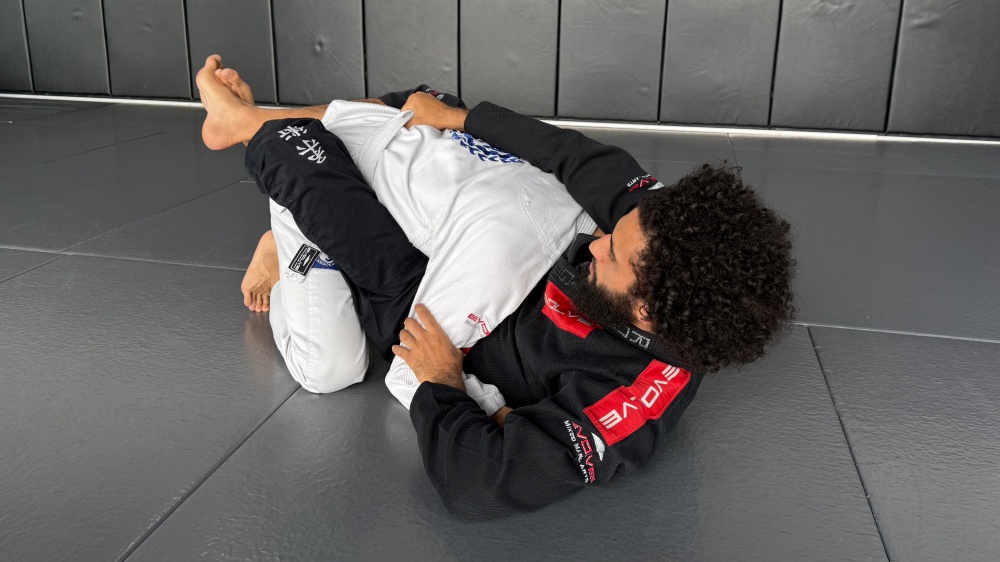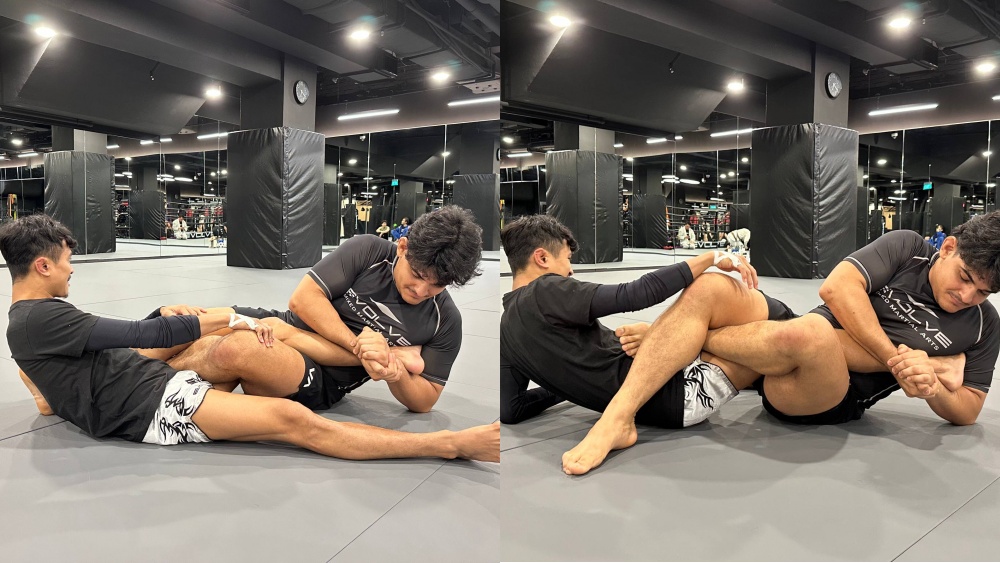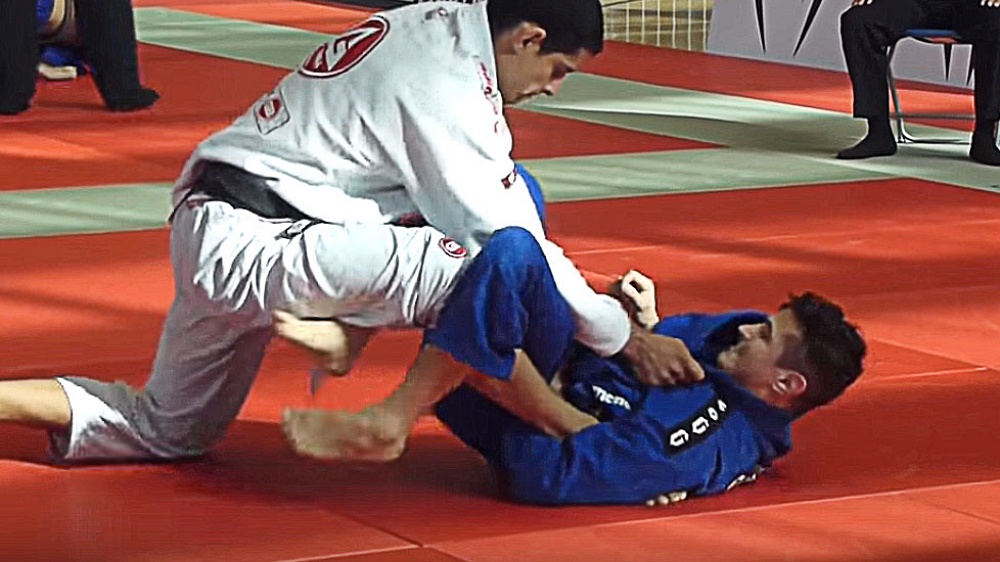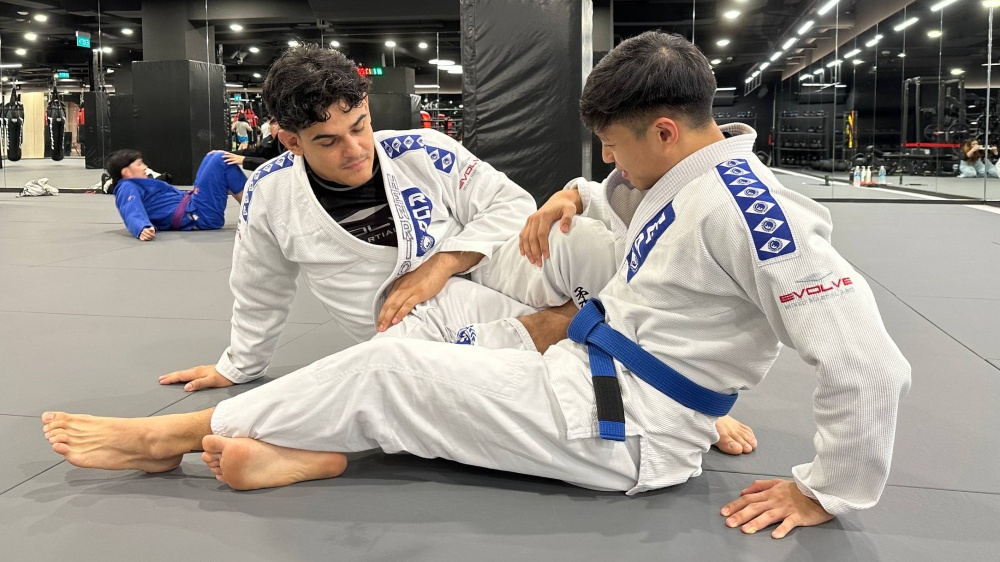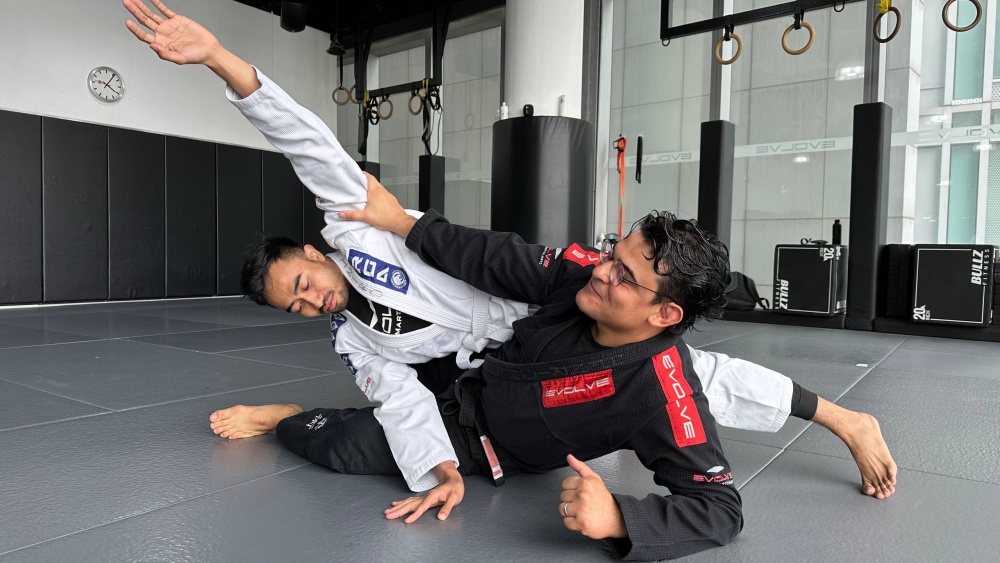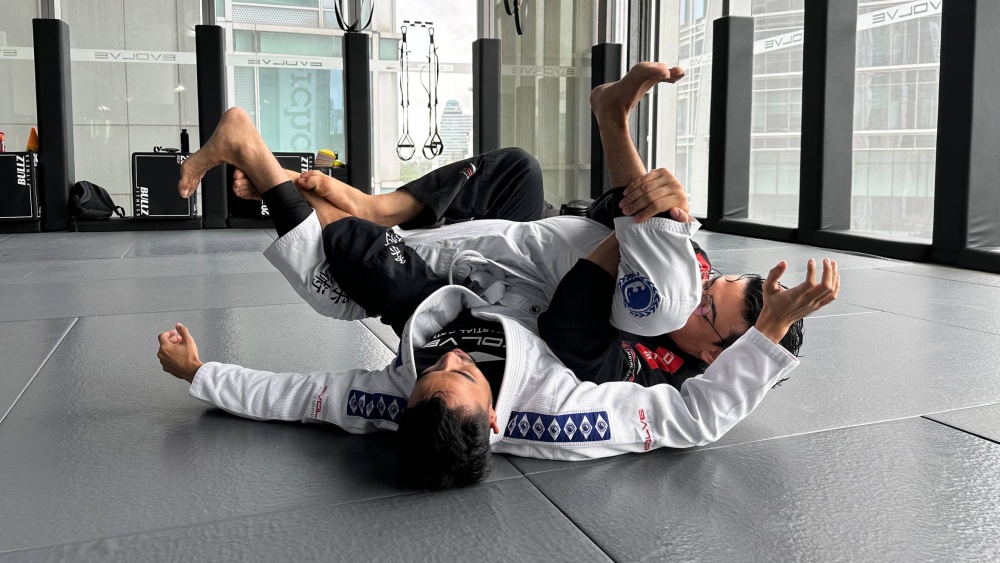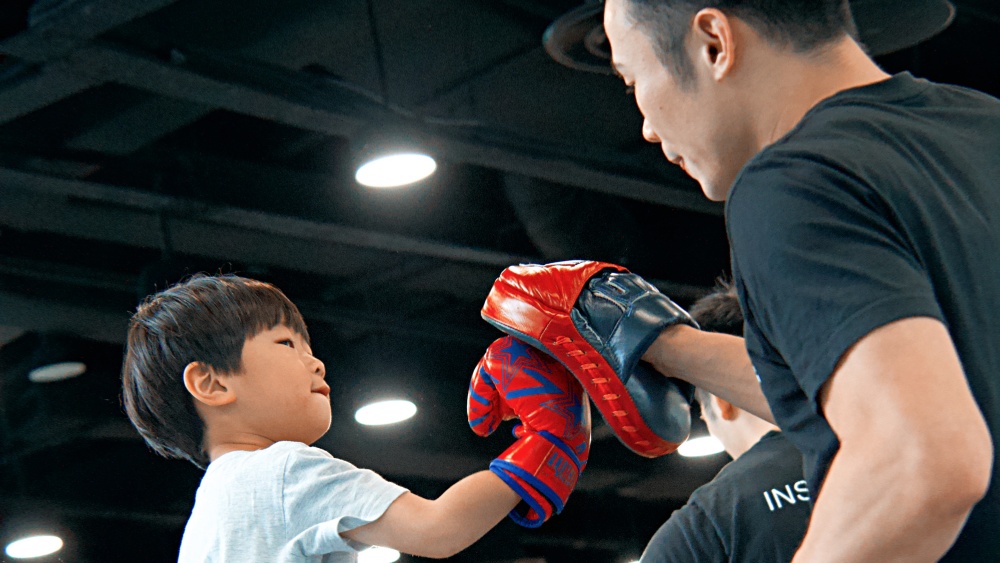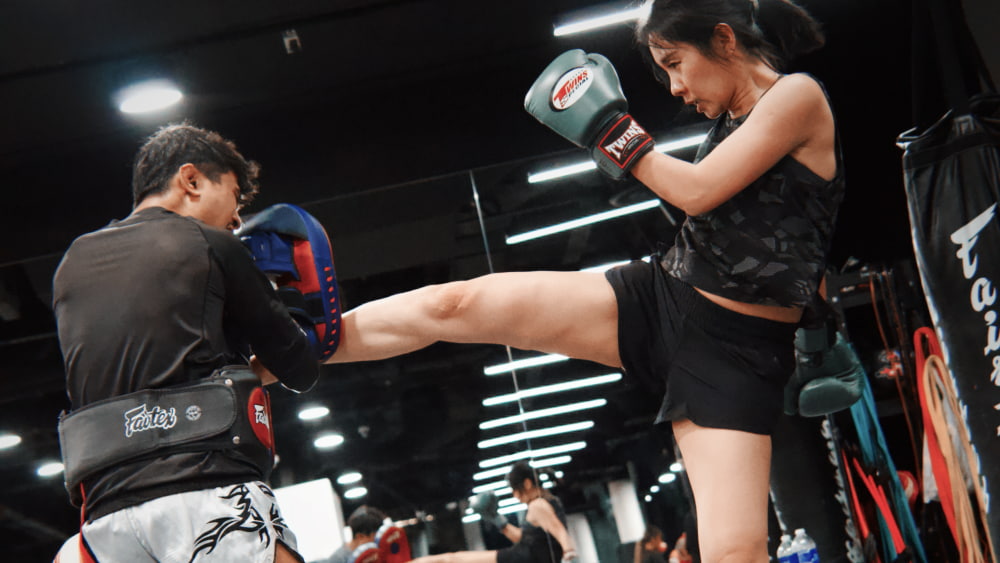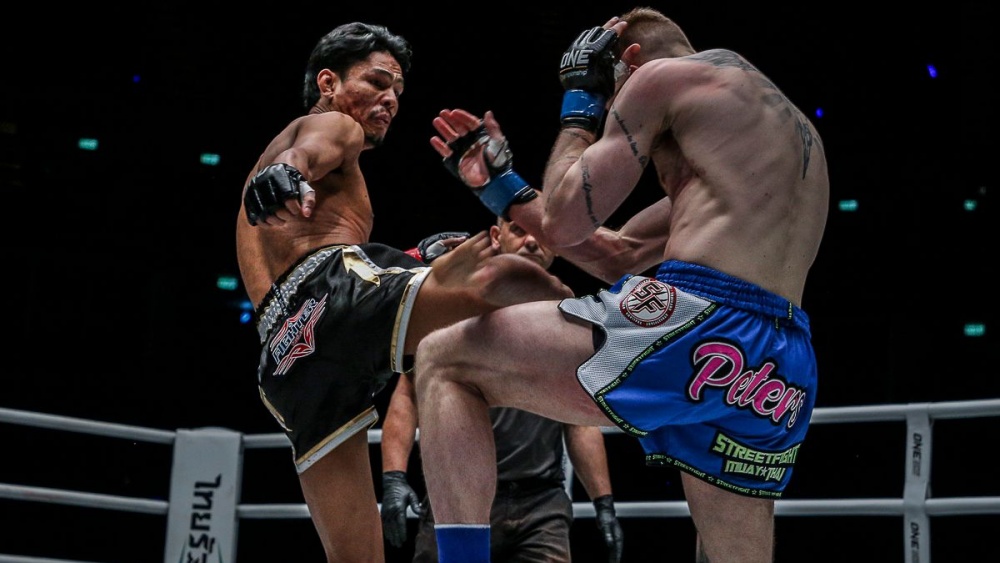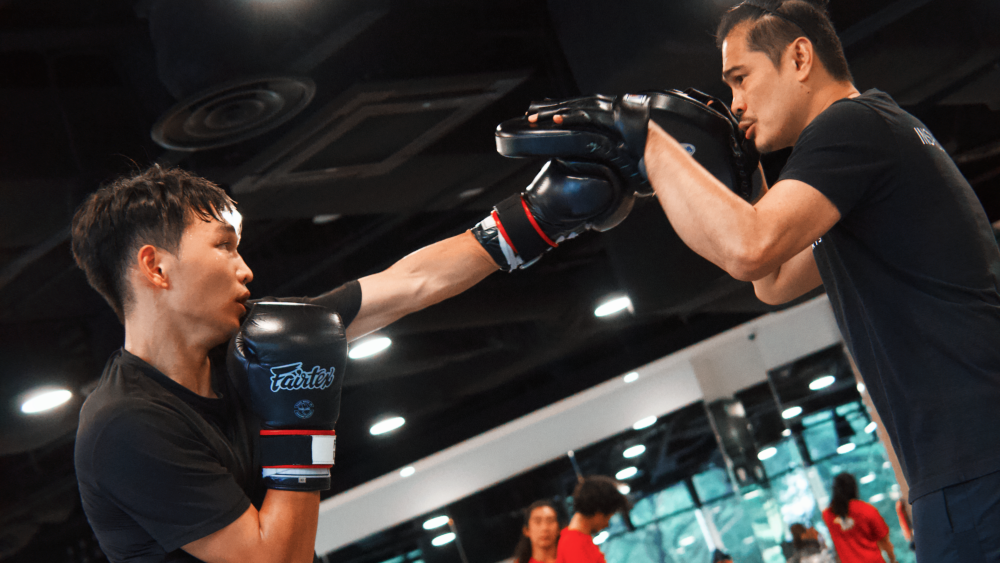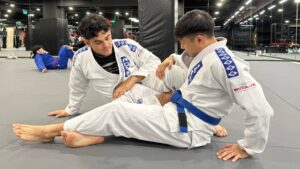Brazilian Jiu-Jitsu is more than just a martial art or a sport; it is a community rich with tradition and etiquette. Practicing BJJ involves adhering to certain etiquette rules that ensure a positive environment for everyone on the mat. These rules not only foster a respectful and safe training atmosphere but also reflect the core values of BJJ. Understanding and following these essential etiquette rules is crucial whether you are a beginner or an experienced practitioner. Let’s discuss some of the most important ones in this article.
Don’t Use Strength
BJJ is about technique, not brute strength. When rolling, focus on using proper techniques rather than overpowering your opponent. This approach not only prevents injuries but also helps you and your training partners improve your skills more effectively. Practicing with control and finesse ensures that everyone can train safely and learn efficiently.
Be Loyal To Your Gym
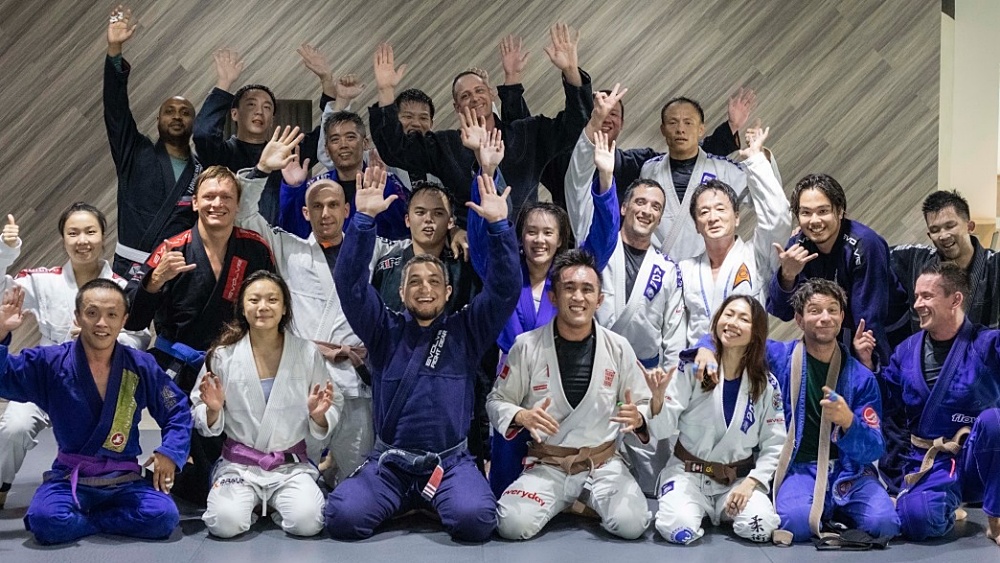
Loyalty to your gym is an essential aspect of BJJ culture. Support your gym and its members, attend classes regularly, and represent your gym positively both on and off the mat. Loyalty fosters a strong community and helps your gym grow and thrive. Your commitment and support contributes to a positive training environment for everyone!
Gym Hierarchy And Roles
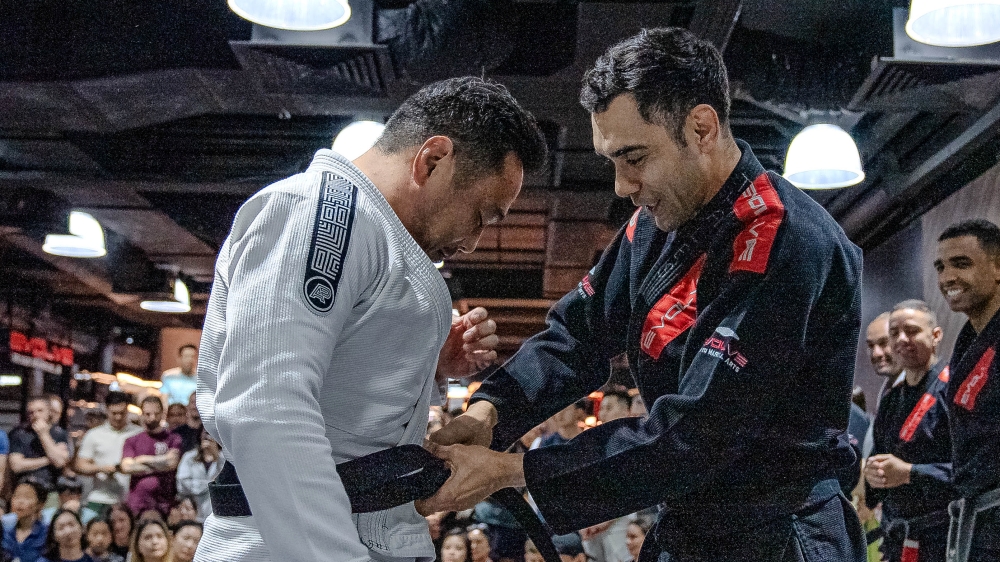
Understanding and respecting the gym hierarchy is essential. Higher belts have earned their rank through dedication and hard work. Respect their experience and knowledge. When rolling, higher belts have the right of way, and allowing them space to practice is customary. This respect for hierarchy maintains order and acknowledges the effort required to progress in BJJ.
Properly Address Your Instructors
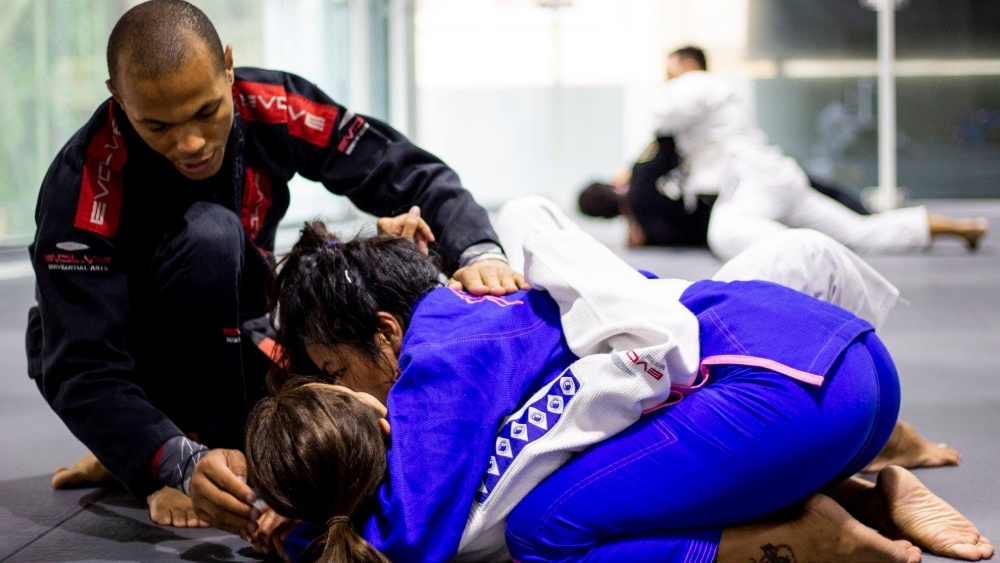
Address your instructors with the appropriate titles, such as “Professor” or “Coach,” depending on your gym’s customs. This shows respect for their expertise and the time they have invested in mastering the art of BJJ. Properly addressing your instructors fosters a respectful and disciplined learning environment.
Maintain Good Hygiene
Maintaining good hygiene is crucial in BJJ. Shower before training, trim your fingernails and keep your hair clean and tied back if necessary. Good hygiene shows respect for your training partners and ensures a safe and pleasant training experience for everyone.
Your Gi & Belt should always be clean and in good repair. A torn or dirty Gi can be hazardous and disrespectful to your training partners. Ensure that your Gi is properly fitted and free from any offensive odors. Wearing a well-maintained Gi reflects your professionalism and respect for the sport.
Contrary to some myths, washing your belt is a good practice. It prevents the buildup of bacteria and maintains good hygiene. Regularly washing your belt shows that you care about cleanliness and the health of your training partners.
Learn To Tie Your Belt
Knowing how to tie your belt properly is a fundamental skill in BJJ. It shows respect for the tradition of the martial art and indicates that you take your training seriously. A properly tied belt stays secure during training and reflects your attention to detail and discipline.
Bring Flip-Flops
Always bring and wear flip-flops or any footwear that you can just slide in and off when walking off the mat. This prevents dirt and germs from being tracked onto the training area. Wearing flip-flops helps keep the mat clean and reduces the risk of infections, contributing to a healthier training environment.
Bow
Bowing before stepping onto the mat is a sign of respect for the training space and the traditions of BJJ. It shows that you honor the place where you practice and the art itself. Bowing is a simple yet profound way to demonstrate your respect and commitment.
Respect Your Training Partners
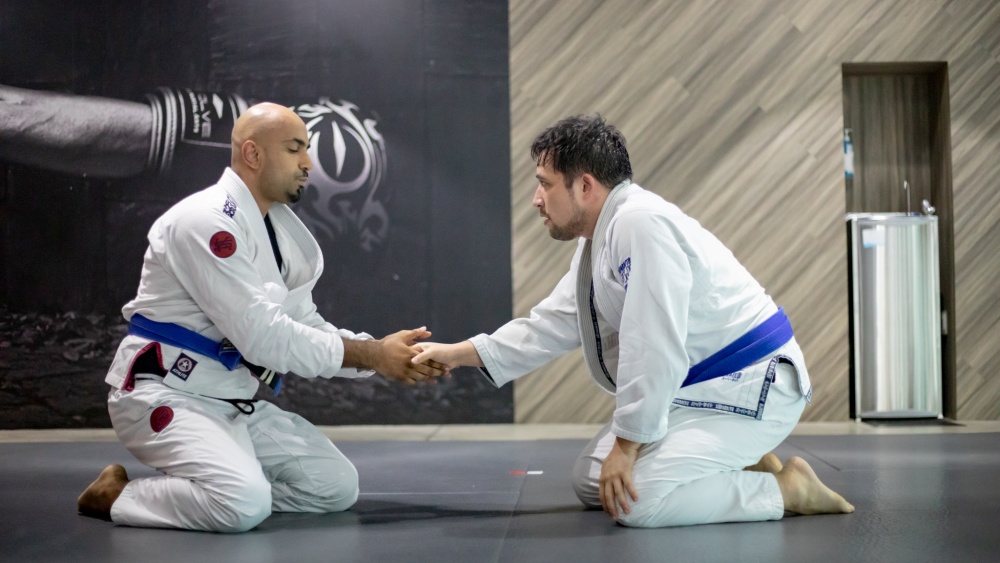
Respect is the cornerstone of BJJ etiquette. Always treat your training partners with courtesy and consideration. Acknowledge their limits and abilities, avoid unnecessary roughness, and be mindful of their safety. Respecting your partners builds trust and ensures a positive and productive training environment.
At the beginning and end of each class, shake hands with your training partners and instructors. This gesture fosters camaraderie and mutual respect among practitioners. It is a way to acknowledge the effort and respect of those you train with, reinforcing the sense of community.
Line Up Based On Rank
When lining up at the beginning and end of class, do so according to rank. Higher belts should be at the front, with lower belts following. This tradition shows respect for the time and dedication it takes to progress in BJJ. Lining up by rank maintains order and acknowledges the accomplishments of senior students.
Be On Time
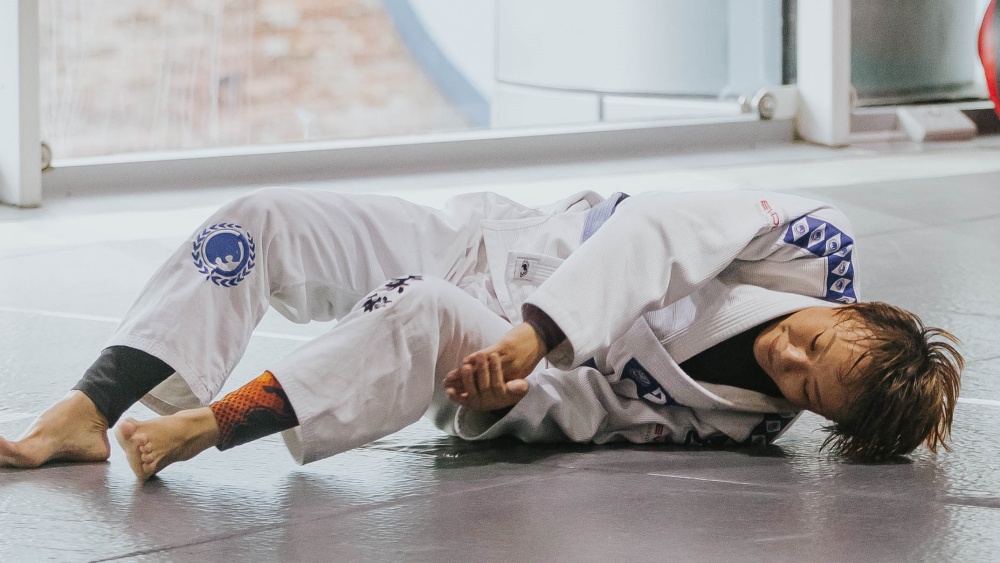
Punctuality shows respect for your instructor and classmates. Arriving on time reflects that you value the training session and others’ time. It also gives you the chance to warm up and prepare properly. If you’re late, enter quietly and wait for the instructor’s permission to join. Consistent punctuality demonstrates commitment and discipline.
Train Safe
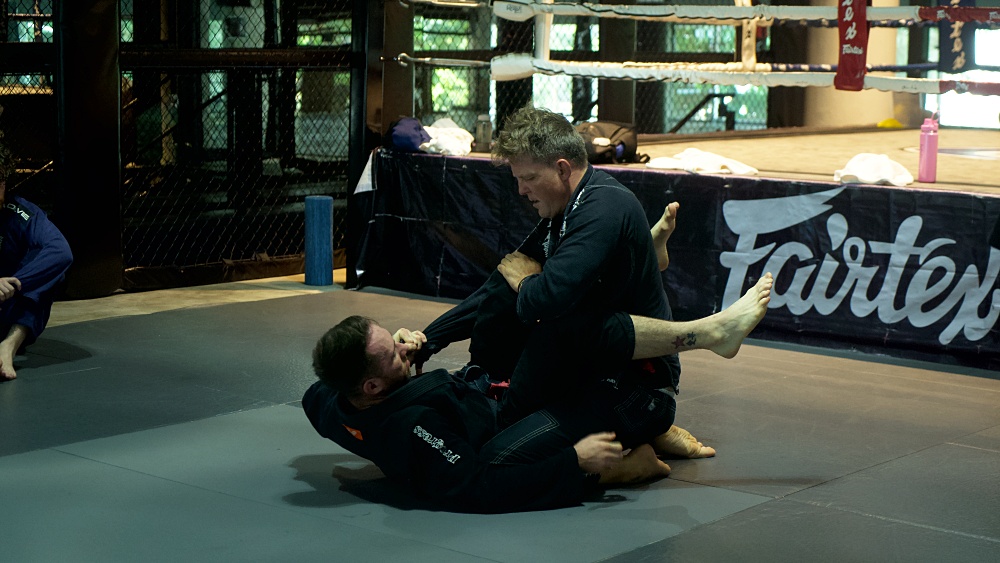
Safety should always be your priority. Practice controlled techniques and avoid risky maneuvers that could injure you or your partner. Communicate clearly if something doesn’t feel right and always tap early to prevent injuries. Training safely ensures that you and your partners can continue to learn and improve without setbacks.
Focus On The Journey Not The Belt Promotion
Promotions in BJJ are earned through hard work, dedication, and the discretion of your instructor. Never ask for a belt promotion; trust that your instructor will promote you when you are ready. Focus on improving your skills and enjoying the journey rather than the rank itself. Respecting the promotion process maintains the integrity of the belt system.
Conclusion
Following these essential BJJ etiquette rules helps create a respectful and safe training environment for everyone. By practicing good etiquette, you contribute to the positive culture of your BJJ community and enhance your own learning experience. Whether you are a beginner or a seasoned practitioner, these rules serve as a foundation for your journey in Brazilian Jiu-Jitsu. Following these guidelines ensures that you and your peers can train effectively, safely, and with mutual respect.
You may also like:
